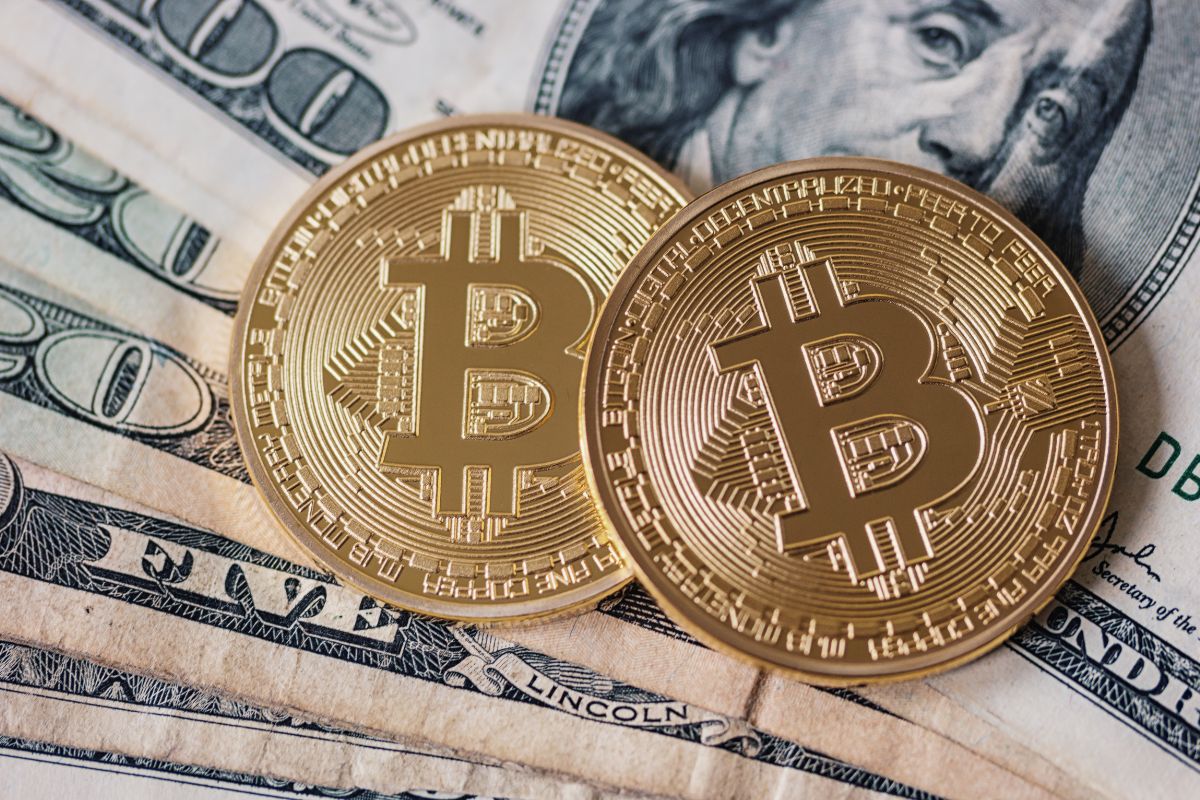The financial landscape evolution caused by cryptocurrencies led to the development of different tools and technologies that simplify digital asset management. The Bitcoin swap constitutes a financial system that allows Bitcoin holders to trade their cryptocurrencies or fiat money against alternative assets by separating themselves from centralized institutions.
What is a Bitcoin Swap?
Bitcoin Swap describes the transaction method that allows users to replace Bitcoin (BTC) with any other type of asset. People conduct Bitcoin swaps for multiple fundamental purposes, including asset diversification, risk management through market volatility reduction, and application of blockchain technology across other platforms. The exchange methods for Bitcoin swaps exist as three distinct forms, which include centralized exchanges together with decentralized protocols, and peer-to-peer platforms.
Types of Bitcoin Swaps
- Atomic Swaps
Users perform peer-to-peer exchanges that move cryptocurrencies across multiple blockchains without needing intermediary trust between parties through Atomic swaps. The system depends on HTLCs together with smart contracts to execute agreements between users in a secure manner. The transaction process includes automatic fund returns if one of the parties does not fulfill the specified conditions. - Centralized Swaps
Customers using Binance and other CEXs like Coinbase and Kraken can freely trade Bitcoin to exchange it for cryptocurrencies or fiat currencies. The swapping process on these platforms allows easy use but demands users to confide in the system and let go of their private keys throughout the trading process. - Decentralized Swaps (DEXs)
Users who trade through decentralized exchanges can perform buy-and-sell transactions directly from their own digital wallets, whereby their privacy and security remain protected. Through Uniswap and Thorchain, users can exchange Bitcoin either with WBTC or native Bitcoin by using bridges.
- Financial Swaps (Derivatives)
Two parties that enter a derivative contract in a financial market may execute a Bitcoin swap by agreeing to perform money exchanges according to changes in Bitcoin prices. The financial products geared for professional investors function both to safeguard their portfolios and to bet on Bitcoin price fluctuations.
How Does a Bitcoin Swap Work?
The process varies depending on the platform:
- On a centralized exchange, the user places a swap order, and the exchange matches it with a counterparty. Once matched, assets are exchanged almost instantly.
- In an atomic swap, both parties lock their assets in smart contracts. Once the hashlock and timelock conditions are met, the swap completes trustlessly.
- On DEXs, smart contracts automatically execute swaps based on liquidity pools and price algorithms, without custodial involvement.
Benefits of Bitcoin Swaps
- No Intermediaries (in decentralized options): Reduces reliance on third parties.
- Security: Especially in atomic swaps, users retain control of their private keys.
- Privacy: Some swaps can be executed anonymously.
- Flexibility: Enables cross-chain exchanges and diverse asset management.
Risks and Considerations
- Technical Complexity: Atomic swaps and DEX usage can be complex for beginners.
- Smart Contract Vulnerabilities: Bugs in smart contracts may result in asset loss.
- Liquidity Issues: Swapping large amounts on decentralized platforms may impact pricing.
- Regulatory Uncertainty: Jurisdictional laws on crypto swaps vary and may affect legality or tax implications.
The Future of Bitcoin Swaps
The future of Bitcoin swaps remains bright because blockchain interoperability and layer-2 improvements will create faster and cheaper as well and more accessible transactions. Decentralized finance (DeFi) experiences boundary advancements through projects, which include the Lightning Network and cross-chain DEXs that enable swap-based transactions to become more accessible.
Conclusion
The swap mechanism allows users to handle and exchange digital currencies with maximum effectiveness. Users who work in the digital economy can benefit from swap transactions conducted through exchanges and peer-to-peer contracts, as well as decentralized platforms, which offer enhanced user autonomy and flexibility. The growth of technological advancements will improve Bitcoin swap efficiency along with security measures, thus strengthening their position in worldwide financial systems.










